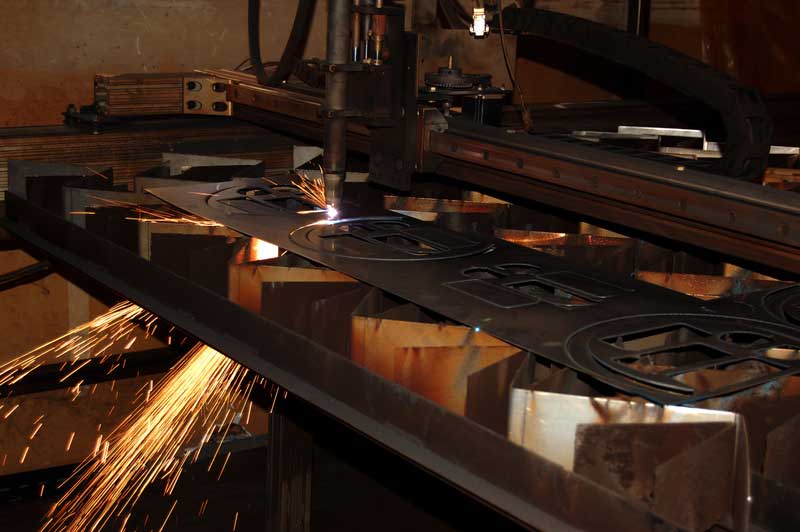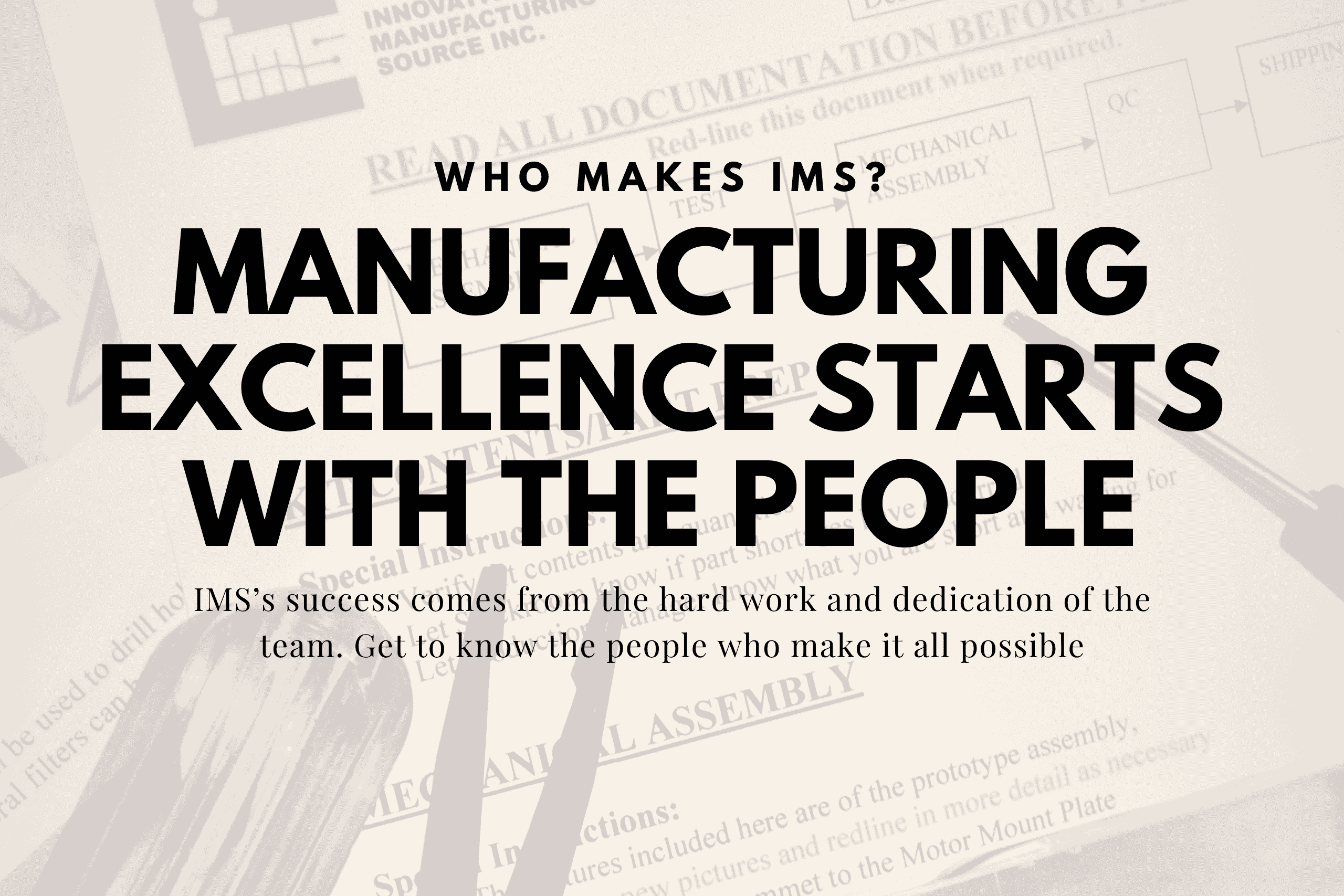To ensure high production standards and customer satisfaction, quality control is critical in custom metal fabrication. In this competitive field, high precision, tight tolerances and uniformity are required. Effective quality control must govern all stages of fabrication and production. Shop manuals need to include standards and inspection policies for drawings & specifications, machine calibration methods, inspection and sampling schedules, welding procedures, welder qualifications, welding inspection stipulations, as well as handling, storage and shipping requirements. These quality control systems assure potential clients that processes are in place to produce products of the highest standards.
What is sheet metal fabrication?
Sheet metal fabrication is a complex process of turning flat sheets of metal into products via cutting, punching, folding and assembling. Metal is cut, bent or stretched into the desired shape using special tools; band saws, cutting torches, chop saws, press brakes, oxy-acetylene torches and welding equipment. The metal is then sandblasted, primed and painted.
What is fabrication quality control?
Quality control is the procedures used for inspection/approval, documentation handling, identification/correction of flaws and determination of final product quality in the metal fabrication process. This includes initial inspection, in-process inspection and final inspection and testing of the finished product. It assures customers that adherence to manufacturing processes and protocols are being followed and performed at the highest levels. Good quality control ensures that the final product meets or exceeds the customer’s expectations.
How is quality control maintained in the sheet metal fabrication process?
The ability to measure parts and provide assurance that they have been produced according to their specifications is a crucial aspect of sheet metal fabrication. The many processes involved (drawing, design, material selection, production, shipping) all require established quality standards, controls and inspection policies. Good quality control is achieved through:
- The hiring of qualified personnel: Quality control is a team effort. All departments must check their procedures and policies to ensure standards are upheld and exceeded. A quality control manager oversees and implements procedures and policies. A qualified inspector works with the engineers, shop manager and team leaders. The purchasing department is responsible for ordering materials that satisfy contract requirements and meet applicable codes/standards. The shop manager is in charge of the distribution of appropriate information to shop personnel, scheduling personnel time and equipment and coordinating production managers so that finished products are manufactured and shipped in accordance with project specifications and quality standards. Qualified personnel, open dialogue and continuous conversation are needed.
- Maintaining high-quality drawings/specifications: The drawings and specifications for a sheet metal project need to start with high-quality engineering. Drawings/specifications must conform and comply with regulatory standards. Review and adjustments should be made when needed.
- Ensuring the fabrication process is subject to quality controls: Every technique (laser cutting, punching, forming, welding, painting, assembly, export crating, etc.) must be subject to established, written quality control measures.
- Regularly reviewing quality control processes: To keep processes from breaking down and diminishing quality, it’s important to avoid complacency. This can be accomplished through regular reviews of quality control processes and standards. All fabrication techniques need to be subject to review and inspection and monitored periodically by quality control personnel together with the team leader and/or supervisor.
- Purchasing quality materials: Quality control of raw materials is accomplished through a series of verification and inspection points. Incoming materials need to be inspected for characteristics necessary to meet fabrication requirements. Testing of elemental composition and quick tests before beginning fabrication are needed to avoid material mix-ups. A final inspection should be undertaken to verify material composition and regulatory compliance.
- Maintaining calibration, standardization and tolerancing of devices: A metal shop needs to consider the calibration tolerance for each device and validate that it will provide the accuracy needed. Tools used for calibration should periodically be sent out for recalibration to maintain consistency, accuracy and reliability
- Documenting the quality control system: It’s important to document processes to be used, general procedures and factors that may impact quality. This document should specify the methods that will be utilized to make the specific part, including the inspection process and tools. Provide details such as:
- Equipment capacity, tolerance capabilities, tools and features
- Staff skills, training and experience
- Work instructions for operating the equipment
- Process controls and recordkeeping
- Quality measures and certifications
- Tracking of materials throughout manufacturing
- Inspection points, processes and tools
- Inspection results
- Issues that may arise
- Remedy and/or repair undertaken on any defects
- Issues that have been resolved
- Undertaking initial and in-process inspections: Established inspection points in the manufacturing process should be used to maintain acceptable part quality and to spot variations before they impact quality. Inspections are needed at initial setup, whenever tools/wheels are changed and at designated checkpoints during production.
- Completing a final inspection and sampling: Examining a portion of the product lot determines if the entire lot meets customer quality requirements. It’s a statistically valid and reliable indicator that a lot is defect-free. A sampling plan is established at the beginning of a project and typically includes:
- How to inspect the finished parts
- Which dimensions of the parts will be examined
- When inspections will take place (in-process checkpoints and final inspection)
- The index values that determine how many randomly selected parts in each lot will be inspected
- Establishing packing procedures/conditions: The final step is packing the finished components so that they are properly protected when shipped, ensuring that they arrive safely at their destination. Each piece requires proper marking and identification. They should be placed on skids/platforms or otherwise properly stored to prevent damage. Materials need to be securely blocked to prevent damage in shipping.
- Maintaining a timeline for custom metal fabrication orders: All departments need to communicate to ensure the custom metal fabrication process is carried out, with the highest standards, from start to finish and customers receive their orders in a timely fashion.
- Maintaining safety standards/codes: A safety program and training procedures need to be in place to ensure employees are safe. All those involved in the metal fabrication procedure (from engineer to ordering to fabrication) need to know all safety codes and receive training so all orders can be made to safety standards.
- Maintaining cost control standards: It’s important to keep customers’ prices at reasonable rates with efficient processes and procedures. Reducing mistakes helps keep custom metal fabrication costs down. Equipment maintenance and scheduling are imperative to minimize costs, delays, and downtime.
Whether it’s an administrative or manufacturing process, having a quality management system in place ensures that all aspects of sheet metal manufacturing produce consistent, quality results. When choosing a metal fabrication company for your project, look for a combination of state-of-the-art equipment, knowledgeable/experienced/dedicated employees, and a thorough quality control process. Your sheet metal fabricator should meet and/or exceed your requirements.
Looking for a sheet metal fabricator with a robust quality control process? Contact Calgary-based Innovative Manufacturing Source (IMS). Our team of knowledgeable, skilled, dedicated people offers unsurpassed service and product. We provide laser cutting and punching, custom sheet metal enclosures, precision sheet metal forming, welding, and surface finishing. We serve you through in-house manufacturing capabilities completed on state-of-the-art equipment. Call us at 403.279.7702 for all your sheet metal needs.




